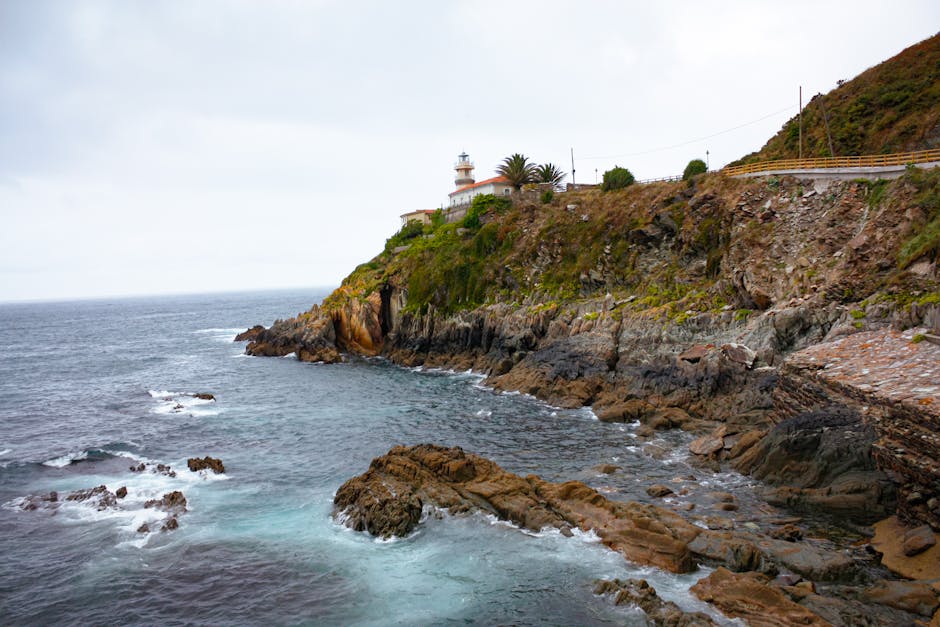Understanding the Complexities of Spanish Holiday Rental Laws
Spain, a popular tourist destination, attracts millions of visitors annually, many seeking the convenience and affordability of Airbnb and similar short-term holiday rentals. However, navigating the legal landscape surrounding these rentals can be challenging. Spain’s regulations concerning holiday rentals are complex and vary significantly from region to region, city to city, and even from municipality to municipality. This guide aims to clarify the key aspects of Spanish holiday rental laws to help hosts avoid costly violations and maintain compliance.
Licensing Requirements: The Foundation of Legal Operation
One of the most critical aspects of operating a legal Airbnb in Spain is obtaining the necessary licenses. These licenses are not uniform across the country. The specific requirements depend on the autonomous community (region) and even the individual municipality where the property is located. Generally, licenses fall into several categories, including:
- Tourist Accommodation License (Licencia de Apartamento Turístico): This is the most common type of license for Airbnb-style rentals. It is typically required for entire apartments or houses rented out for short periods.
- Rural House License (Licencia de Casa Rural): This license is specifically for rentals in rural areas, often with additional requirements concerning amenities and environmental impact.
- Hotel License (Licencia de Hotel): This is for larger establishments offering various services, and is generally not applicable to individual Airbnb rentals.
The application process can be lengthy and involved, requiring detailed documentation, including property ownership details, safety certifications, and compliance with building regulations. Failing to obtain the necessary license before operating a holiday rental can lead to substantial fines and even the closure of the property.
Community Regulations: Understanding Local Variations
Beyond national legislation, local regulations play a significant role. Many municipalities have specific ordinances governing short-term rentals, often focusing on issues such as:
- Maximum Occupancy: Limits on the number of guests allowed in a rental property.
- Noise Restrictions: Rules concerning noise levels, particularly during nighttime hours.
- Waste Management: Requirements for proper garbage disposal and recycling.
- Parking: Regulations regarding parking for guests.
- Tourist Tax: The obligation to collect and remit a tourist tax to the local authorities. The rate varies depending on the region and municipality.
Hosts must diligently research the specific regulations applicable to their property’s location. Ignoring these local rules can result in penalties and legal action.
Registration with Tourism Authorities: A Crucial Step
In addition to obtaining a license, many regions require registration with the local tourism authority. This typically involves providing detailed information about the property, including its address, capacity, and contact details. Failing to register can lead to substantial fines and legal repercussions.
Advertizing and Booking Platforms: Compliance Considerations
When advertising your property on platforms like Airbnb, it is crucial to ensure that all information provided is accurate and complies with local regulations. This includes accurately stating the occupancy limits, providing clear details about the property’s amenities, and including any applicable tourist taxes in the final price.
Common Violations and Their Penalties
Violations of Spanish holiday rental regulations can range from minor infractions to significant offenses. Common violations include:
- Operating without a license: This is the most serious violation, potentially leading to substantial fines, property closure, and even legal action.
- Exceeding occupancy limits: Hosting more guests than allowed can result in fines and potential eviction.
- Non-compliance with noise regulations: Disturbing neighbors with excessive noise can lead to warnings, fines, and even legal action.
- Failure to collect and remit tourist tax: This can result in significant penalties and potential legal repercussions.
- Providing inaccurate information: Misrepresenting the property’s amenities or capacity can lead to complaints and fines.
The penalties for these violations vary depending on the severity of the infraction and the local regulations. They can range from warnings and minor fines to substantial financial penalties and even legal action.
Insurance and Liability: Protecting Yourself and Your Guests
It’s crucial to have adequate insurance coverage to protect yourself and your guests from unforeseen incidents. This should include liability insurance to cover potential accidents or injuries on the property, as well as property damage insurance to protect your investment.
Staying Updated on Evolving Regulations
Spanish holiday rental laws are subject to change. It is essential for hosts to stay updated on the latest regulations by regularly checking the websites of the relevant authorities in their region and municipality. Subscribing to newsletters and legal updates related to the tourism sector can also be beneficial.
Seeking Professional Advice: When to Consult Experts
Navigating the complexities of Spanish holiday rental laws can be challenging. If you are unsure about any aspect of the regulations, seeking advice from a legal professional specializing in property law and tourism regulations is recommended. This can help ensure compliance and avoid potential legal issues.
Conclusion: Responsible and Compliant Hosting in Spain
Operating a successful and legal Airbnb in Spain requires a thorough understanding of the country’s complex regulations. By diligently researching and adhering to all applicable laws and licenses, hosts can ensure a smooth and compliant operation, protect their investment, and provide a positive experience for their guests. Remember, proactive compliance is key to avoiding costly violations and maintaining a sustainable holiday rental business in Spain.

